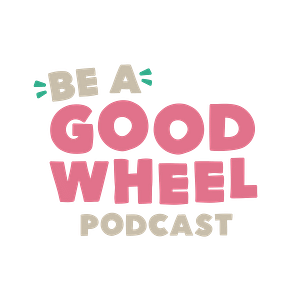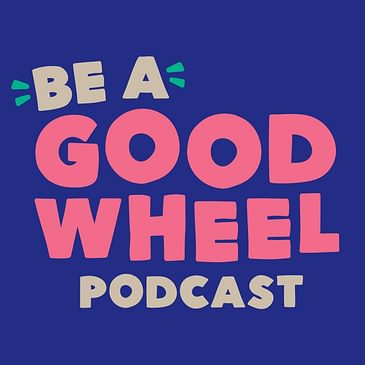Amber speaks with three-time National Cyclocross Champion, Stephen Hyde, a cycling maverick who defied conventional paths to find his place as a champion in the sport. From BMX and mountain biking to professional road cycling and cyclocross, Hyde's story is one of resilience, mentorship, and community. He shares how mentoring and being mentored shaped his evolution as an athlete, the secret to effective communication, why trust is essential to achieving big goals, the key lessons he now applies as a coach, why and how he prioritizes mental health in training, and more.
Tune in for invaluable guidance on navigating the highs and lows of athletic pursuits, integrating mentorship and community into your craft, and embracing life beyond the sport.
Don’t miss an episode! Listen, subscribe, and leave us a 5-star review!
Got questions or feedback for the show? Let us hear it: https://bit.ly/beagoodwheelpod
Get the latest news, exclusive content, and more by signing up for our newsletter: https://bit.ly/beagoodwheelnews
Mentioned in this episode:
Support the show:
- Subscribe on Ko-fi to get bonus episodes, merch, and more: https://ko-fi.com/beagoodwheel
- Become a Patron to get bonus episodes, merch, and more:: https://www.patreon.com/BeAGoodWheel
- Get official Be A Good Wheel gear: https://beagoodwheel.shop/
Follow us:
- Join the community: https://beagoodwheel.com/community
- Follow us on Instagram: https://www.instagram.com/beagoodwheel/


